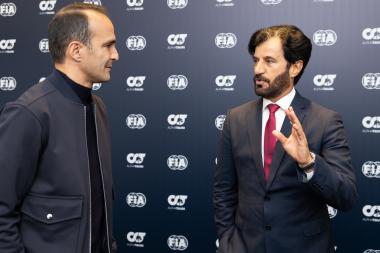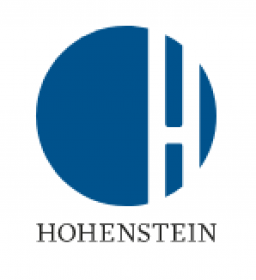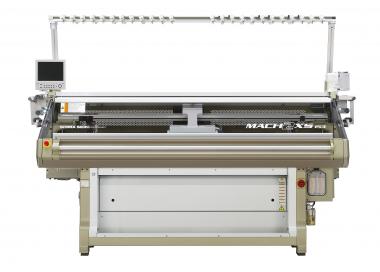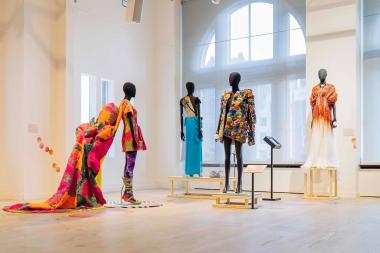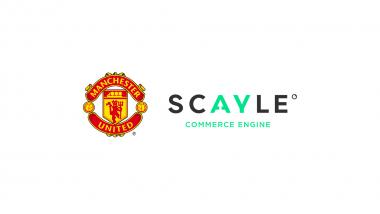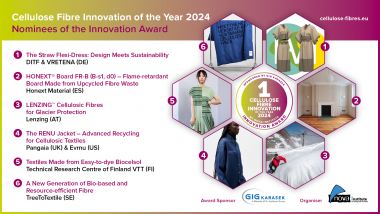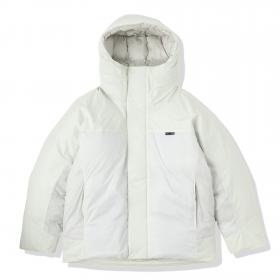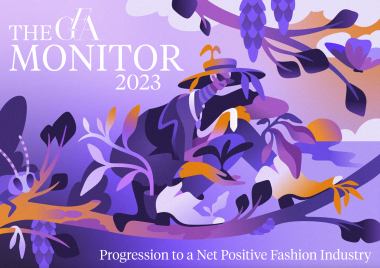Pointcarre integrates Archroma's portfolio of 5,760 colors
Archroma Textile Effects expands the digital textile design and production system (CAD/CAM) Pointcarre with its entire portfolio of 5,760 colors.
Pointcarre Textile Software enables fashion, home furnishing and technical textiles designers to create accurate digital samples, streamline the fabric weaving, knitting and printing processes, and produce realistic presentations of their collections.
Incorporating the Archroma color portfolio into this workflow will allow designers to bring their ideas to life with greater speed and accuracy. They will not only have access to a vast searchable library of Archroma colors, but they will also be better able to produce the exact color they need at the factory.
All of the Archroma color references can be formulated with dyes that meet leading international eco-standards and the brand customer’s desired sustainability profile.
To support customers to optimize the potential of the new color library, Pointcarre is offering new interactive e-learning modules on its Academy training platform, as well as assistance in several languages.
Archroma






